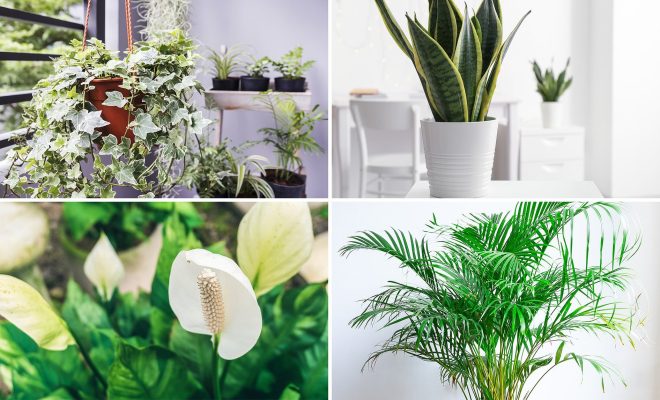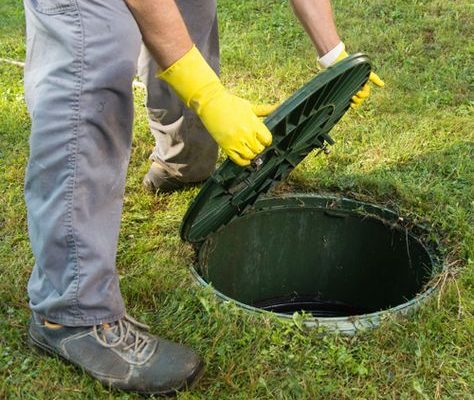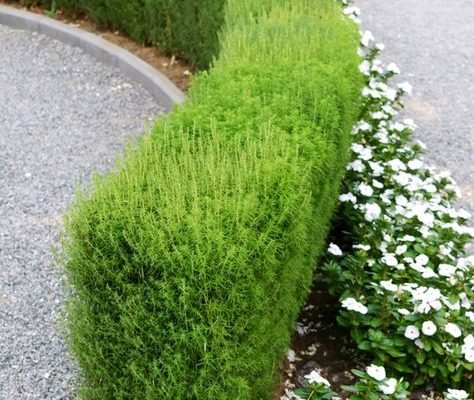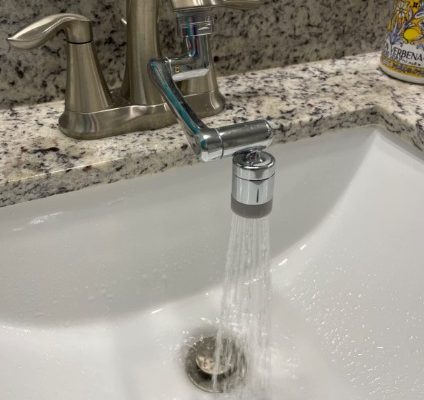The Best Small Fruit Trees for Home Gardens
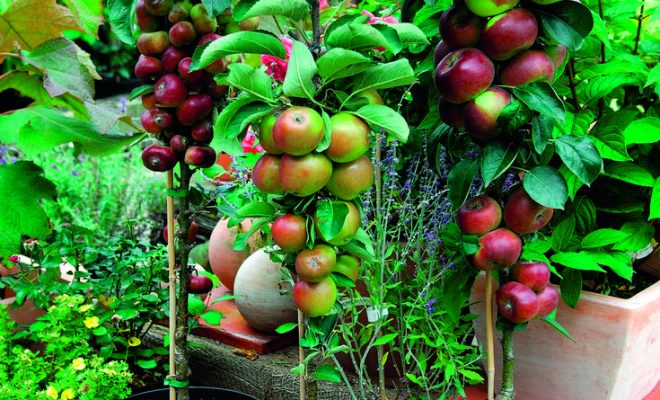
Introducing fruit trees into your home garden is not only a delightful way to enjoy fresh, homegrown produce but also adds aesthetic value and can become a source of pride and joy. When space is limited, small fruit trees are an excellent choice. They are more manageable, require less space, and can even be grown in containers. Here are some of the best small fruit trees that you could consider for your home garden:
1.Dwarf Citrus Trees –These include varieties of lemons, limes, oranges, and tangerines that have been grafted onto smaller plant rootstock. The result is a tree that typically grows to about 8-10 feet tall but can be kept smaller with pruning. They’re ideal for sunny patios or balconies and can bear fruit several times a year.
2.Fig Trees –Figs are well suited for small gardens due to their compact nature and attractive appearance. Varieties like ‘Brown Turkey’ or ‘Celeste’ can be pruned to maintain their size. They can be planted in the ground or in large pots and often start bearing fruit within two years.
3.Apple Trees –There are many dwarf varieties available that max out at about 8 feet tall, providing an easy-to-harvest bounty of apples in the fall. ‘Honeycrisp’ and ‘Gala’ are popular choices for their sweet-tasting fruit.
4.Peach Trees –If you love peaches, consider dwarf varieties such as ‘Elberta Dwarf’ or ‘Bonanza’. These mini peach trees can produce full-sized fruits and fit perfectly in a small garden space.
5.Cherry Trees –Compact cherry trees like the ‘Compact Stella’ provide beautiful blossoms followed by delicious cherries and typically grow no taller than 10 feet.
6.Apricot Trees –Dwarf apricots such as ‘Garden Annie’ are perfect for limited spaces and can bring both lovely flowers and tasty apricots to your backyard.
7.Plum Trees –Plums also have smaller varieties like ‘Italian Prune’ or ‘Dwarf Santa Rosa’ that are well suited to tight spaces but still yield plenty of fruit.
Planting small fruit trees involves considering sunlight availability, soil quality, watering needs, pollination requirements, and proper spacing to ensure good air circulation and sunlight penetration. Some may need companion plants for cross-pollination; others might be self-fruitful.
When choosing plant varieties for your garden, look for those that are adapted to your climate zone for the best success rate. Local nurseries often offer grafted varieties that combine robust root systems with high-quality fruit-bearing scions suited for local climates.
Regular care includes pruning to maintain shape and size, watering during dry spells, fertilizing with appropriate nutrients, pest control measures when needed, winter protection if applicable, and proper harvesting techniques to enjoy the fruits at their peak of flavor.
With careful selection and maintenance of small fruit trees adapted to your locality’s climate conditions and space limits, you can maximize your harvests while enjoying the beauty they add to your property all year round.

